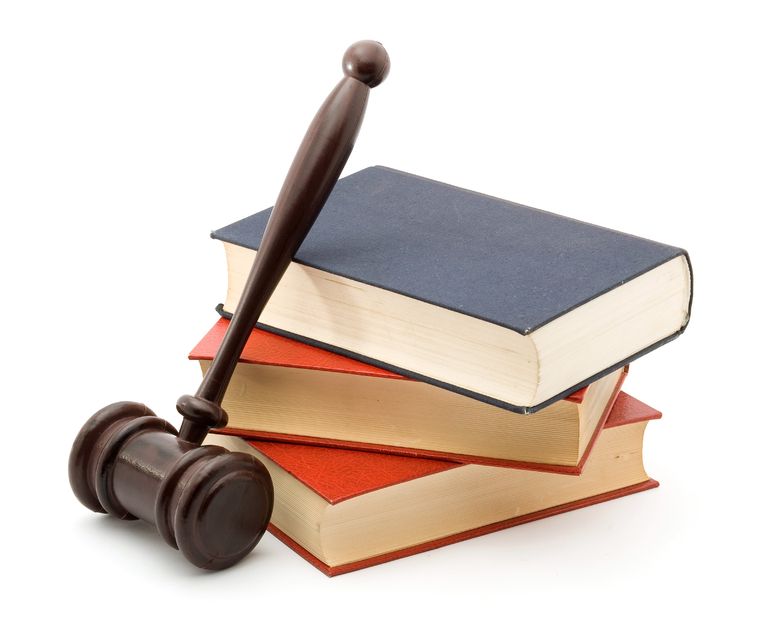When people get ahead of themselves in debt, appeasing the predicament may seem impossible. Serious debt that can end in losing a home, destroying credit worthiness or losing other valuable assets can be reversed with bankruptcy. There are two forms of bankruptcy useful to most people. The majority of bankruptcy cases allow claimants to keep their assets. The property of the debtor can be protected with chapter 7 bankruptcy, but the paperwork and the manner in which debt is cleared has to be done right. A bankruptcy lawyer should assist for a much better chance at achieving the preferred outcome. The tasks involved in bankruptcy are elaborate. There is a lot of important information that federal courts need. Even the smallest errors can significantly change the results.
When chapter 7 bankruptcies go as planned, a home, car and retirement savings won’t be seized. Most keep everything as it is or are only required to liquidate a portion of it. The best way to secure valued assets is to have a bankruptcy attorney orchestrate the case from start to finish. Chapter 7 discharges credit card and medical debts, debt of pay day loans, overdraft charges for bank accounts, tax debts, and more. When bankruptcy code 7 is put into action, creditors are bound under law to stop pursuing collections. An attorney professionally represents clients with the ability to articulate what they need in a way that’s comprehensible to the legal system. They’re well-versed in this area of law and will know if their clients aren’t getting a fair chance.
Chapter 13 bankruptcy is accommodating to those who are on the brink of foreclosure or repossession of essential assets. Chapter 13 can be filed when the claimant has a steady, reliable income and can pay a good portion of their debt when more time is given to do it. Paying off debt under a bankruptcy plan is beneficial to consumers because there’s no interest. For many, a large part of financial burden rests on the interest rates charged by the company they’re in debt with. Debtors make a binding agreement to make feasible monthly installments on their debt over the course of several years. When punctual payments are made in full till the payment plan expires, residual debt is forgiven. Browse Stlbankruptcyfirm.com for more information.
Watch our Video on YouTube.


